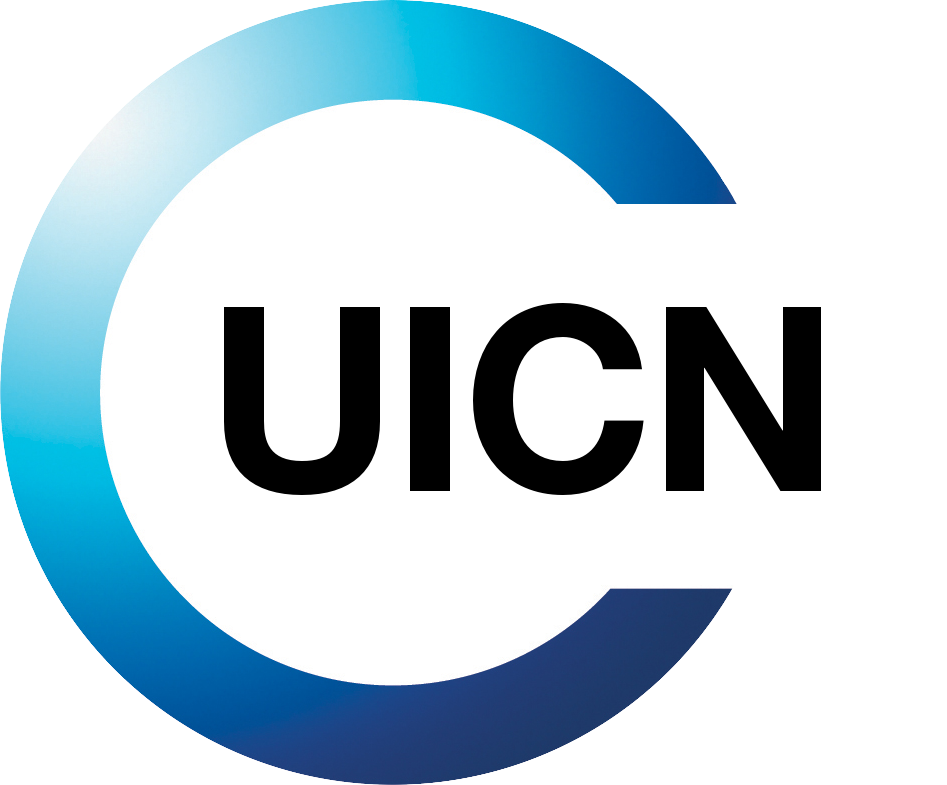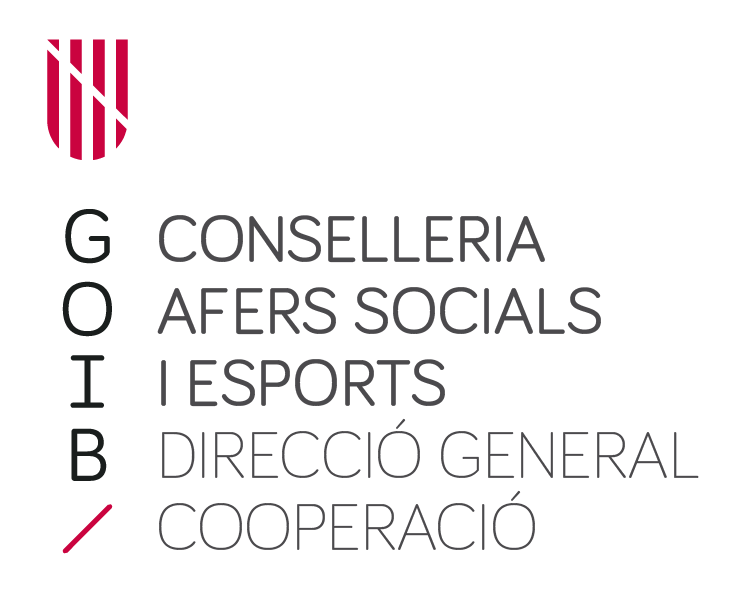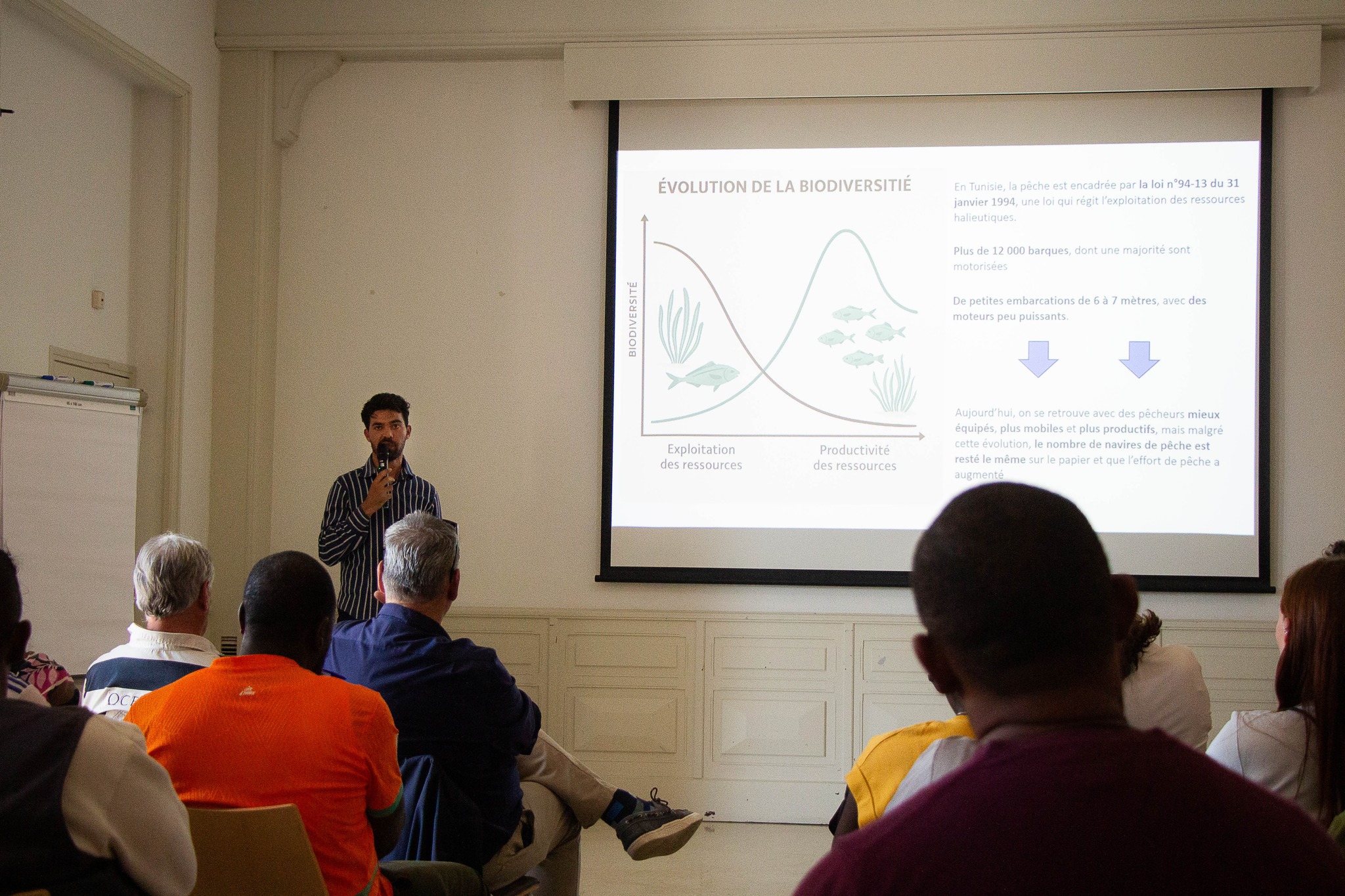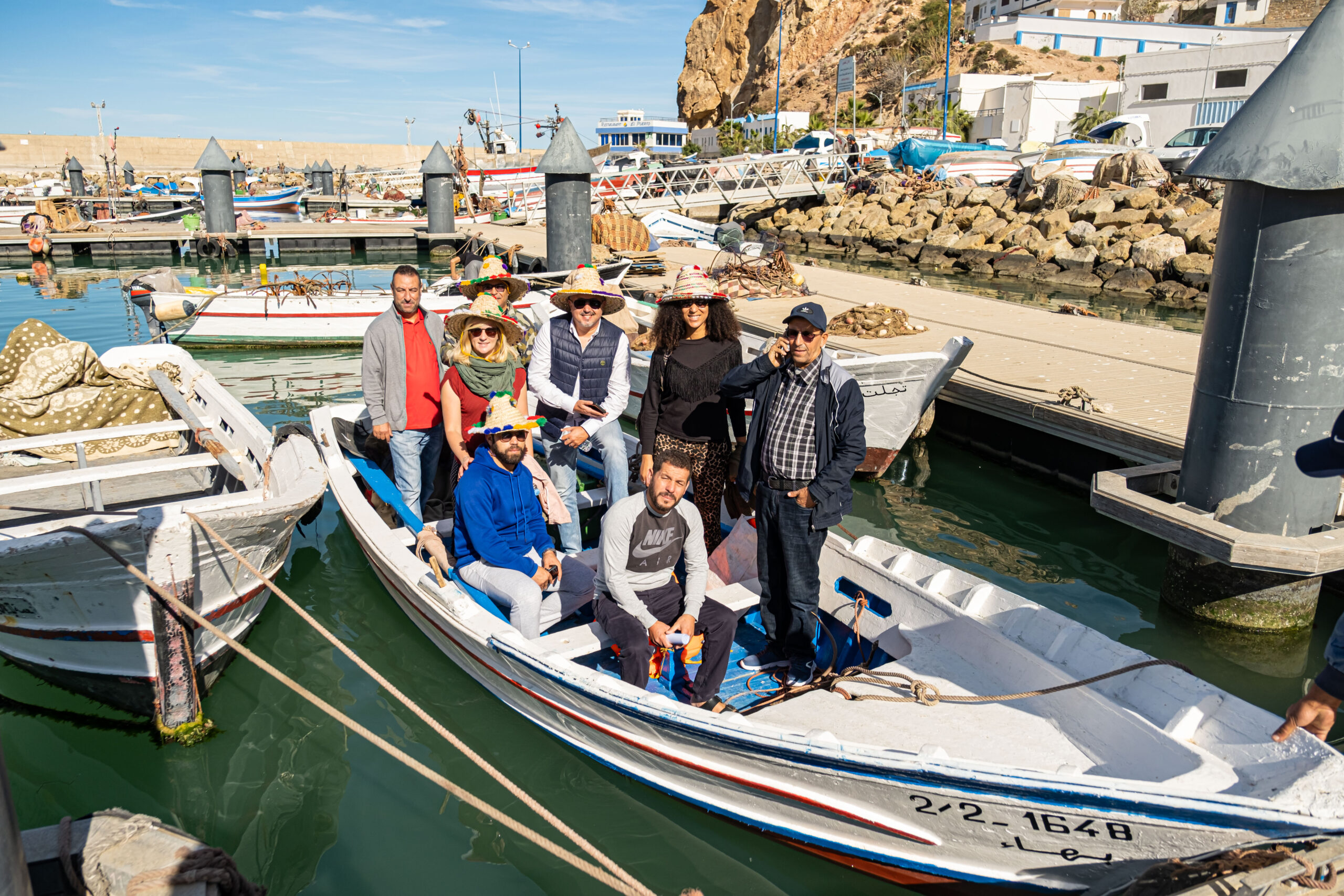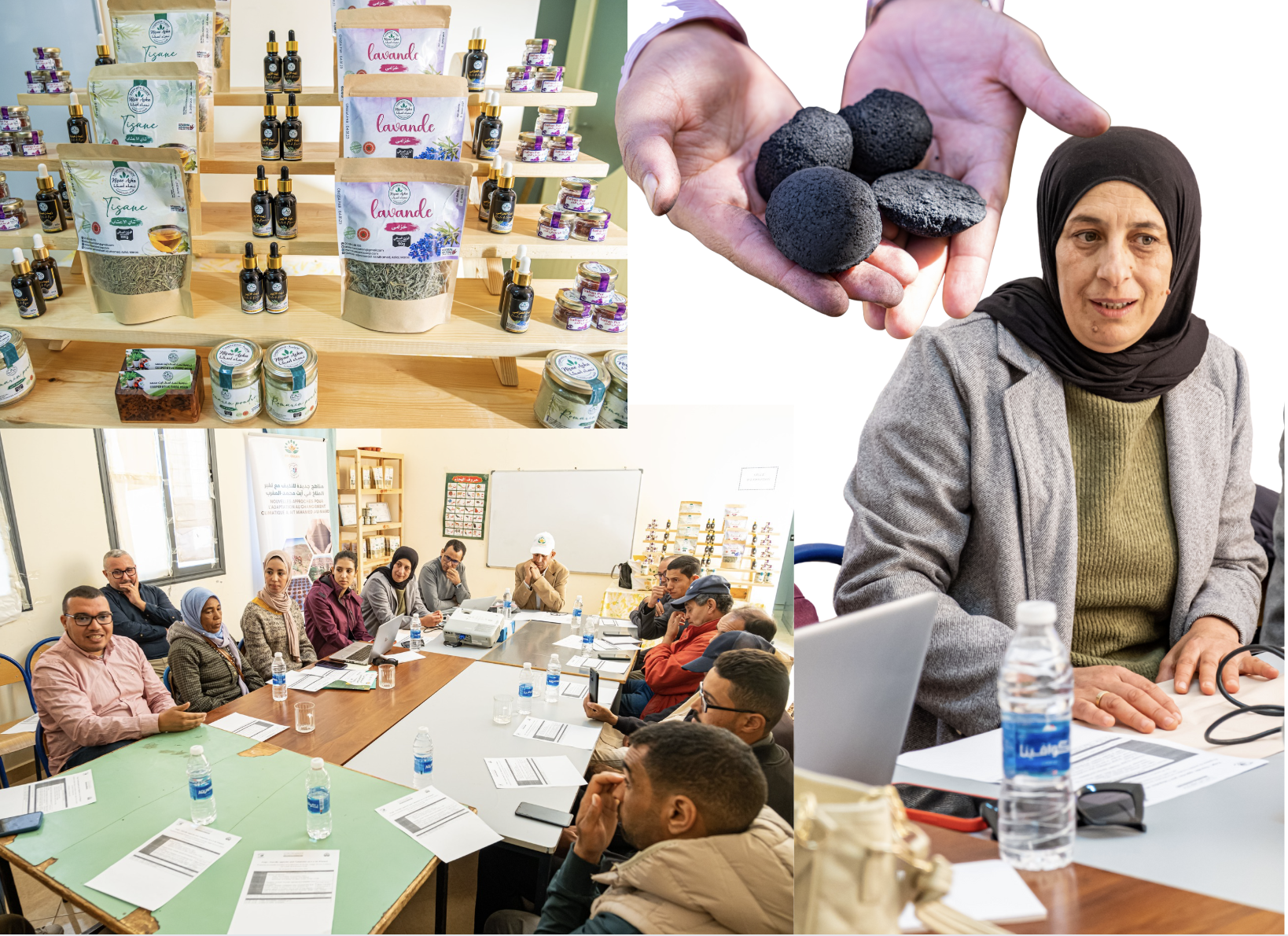The islands of Kerkennah, a Tunisian archipelago in the Mediterranean well known for its beaches and sunsets, are also home to the remains of a fishing method known since ancient times; the Charfiya.
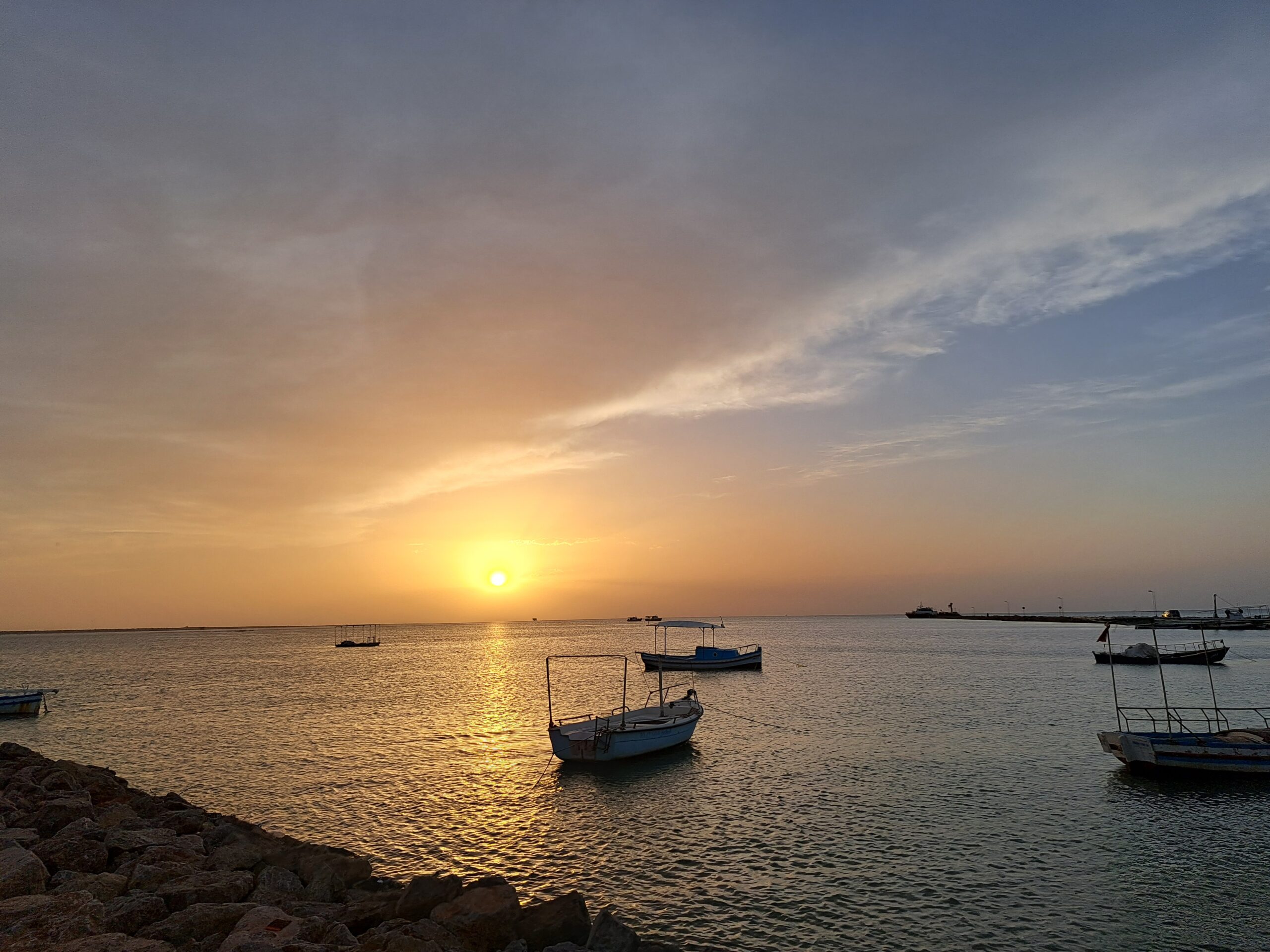
Charfiya is a fixed fishing method that consists of embedding walls of palm fronds in the seabed, in which fish, pulled in by the ebb tide, channelling them into nets or traps and can no longer get out. Unlike bottom trawling systems that scrape the seabed, fishes are caught alive at the time of raising them and can thus be released if they do not meet the standards. It is customary that the charfiya is used between the autumnal equinox and June to allow marine fauna to regenerate.
In addition to being a fishing technique, charfya is also a social practice that is part of the Kerkennian culture, the preparation of the palms represents a moment of sharing between women and fishermen and represents a knowledge transmitted from family to family. The areas thus delimited by the palms are also recognized as maritime land properties that belong to the fishing families of the islands.
This tradition being typical of the Kerkennah Islands, to preserve it, charfiya fishing was inscribed in 2020 by UNESCO on the Representative List of the Intangible Cultural Heritage of Humanity.
The PALMKER project
Aware of the challenges posed on the island by the rural exodus and the migration of young people, the Tunisian Association of Taxonomy ATUTAX has been setting up since October 2022 a project to revalue the culture of palm groves among young people and women.
Indeed the palm tree is gradually losing its place in the livelihood of Kerkennians, the absence of improvement and management programs of palm groves and the scarcity of specialized labour, have led to degradation and loss of biodiversity within the culture. The replacement of traditional traps with plastic traps, often abandoned in the sea, is also driving this change.
The association works on several axes of valorisation of the palm tree with the families of the island:
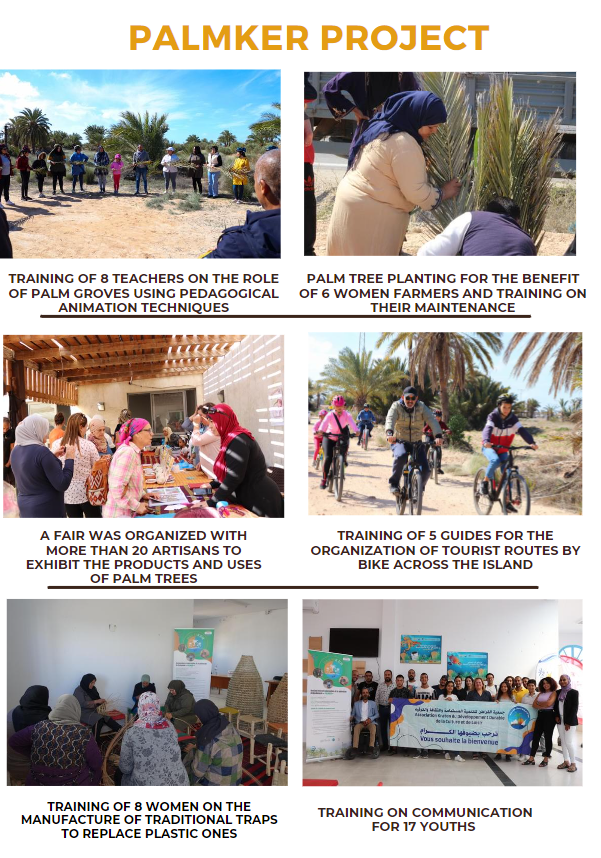
© Pictures credit: ATUTAX
This project beneficiate from the second phase of TransCap programme supporting civil society organisations in Morocco and Tunisia, funded by the Regional Directorate of Cooperation of the Balearic Islands and coordinated by the Mediterranean Cooperation Centre of IUCN
